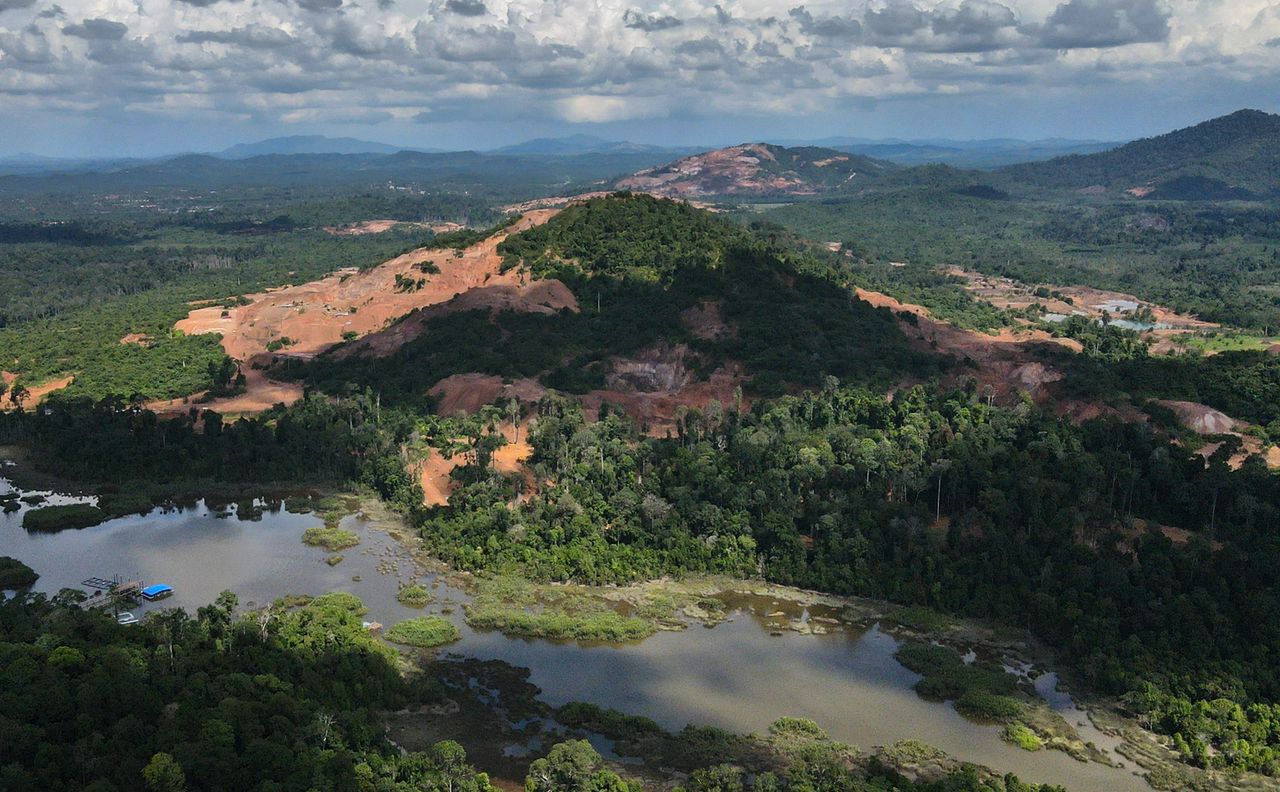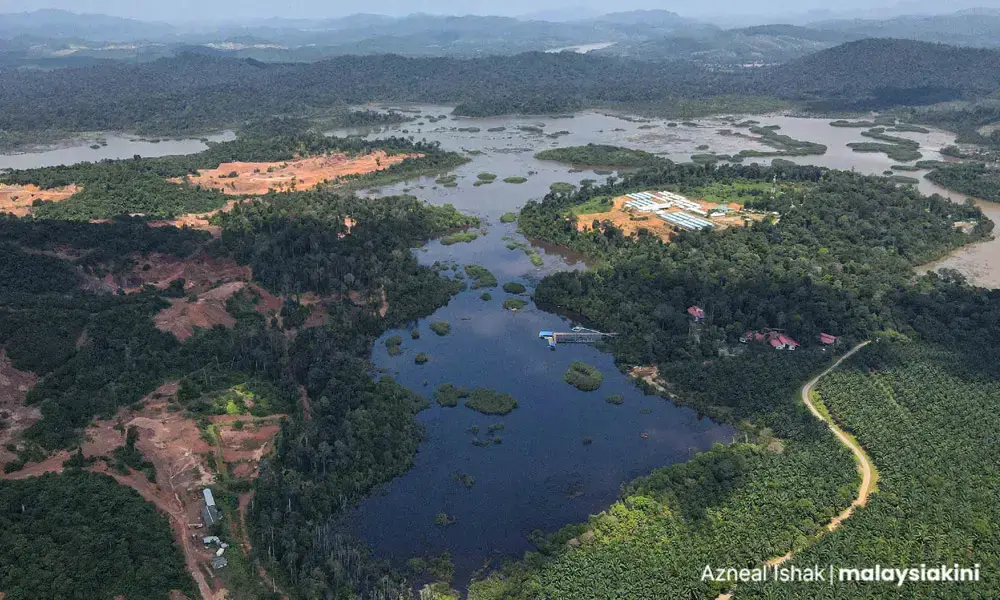
Tasik Chini in Pekan, Pahang, was not only once famed for its lotus blooms but was also the setting for the tale involving the fearsome Naga Seri Gumum.
However, for the locals, it is not the mythical dragon that they fear but the rusting mechanical hulks which reside in abandoned mines at the edges of the freshwater lake.
It has been two years since the Pahang royal household decreed that mining activities - in the second-largest natural lake in Peninsular Malaysia - cease due to concerns over the environment.
As of the time of writing, excavators and dump trailers - all valuable heavy machinery - are still parked in the former mines, causing unease among Orang Asli folk in the vicinity.

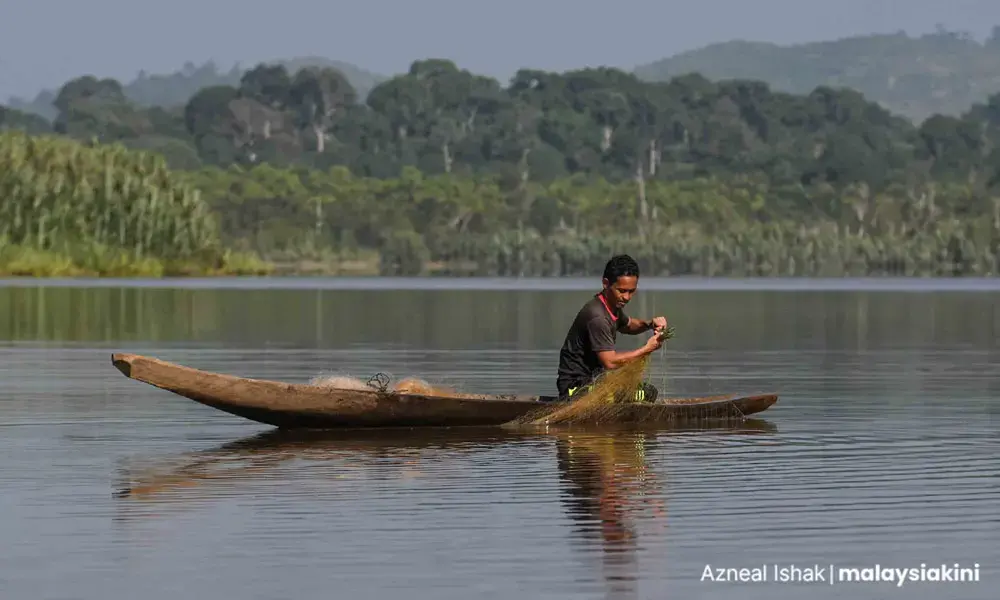

As a nonprofit journalism organization, we depend on your support to fund journalism covering underreported issues around the world. Donate any amount today to become a Pulitzer Center Champion and receive exclusive benefits!
Those who spoke to Malaysiakini said they fear that this signalled that their reprieve from the roar and drones of mining works will be short-lived.
"We heard that they have closed down the operations. But the machines are still there.
"I wonder why they still want to keep them here," said a 74-year-old villager only known as Husin, who lives in Kampung Melai located not far from one of the mining sites in Bukit Ketaya.

According to another villager who only identified himself as Yom and works as a tekong (boatman), at least two former mining sites still had machinery kept there.
The other one is at a spot the locals called Jemerau, situated not far away from the mine in Bukit Ketaya.
"The mines are no longer in operation, but we can still see the machinery. They are parked at the sites, but not working.
"So we are worried. Because with the machines still here, they can resume the mining work anytime. Our main concern is the lake water, we do not want our water to be polluted again," he told Malaysiakini when met at Tasik Chini recently.
Locals said that the lake's water had been slowly recovering after mining operations ceased, pointing to the reappearance of the lotuses and water lilies that once drew many visitors.
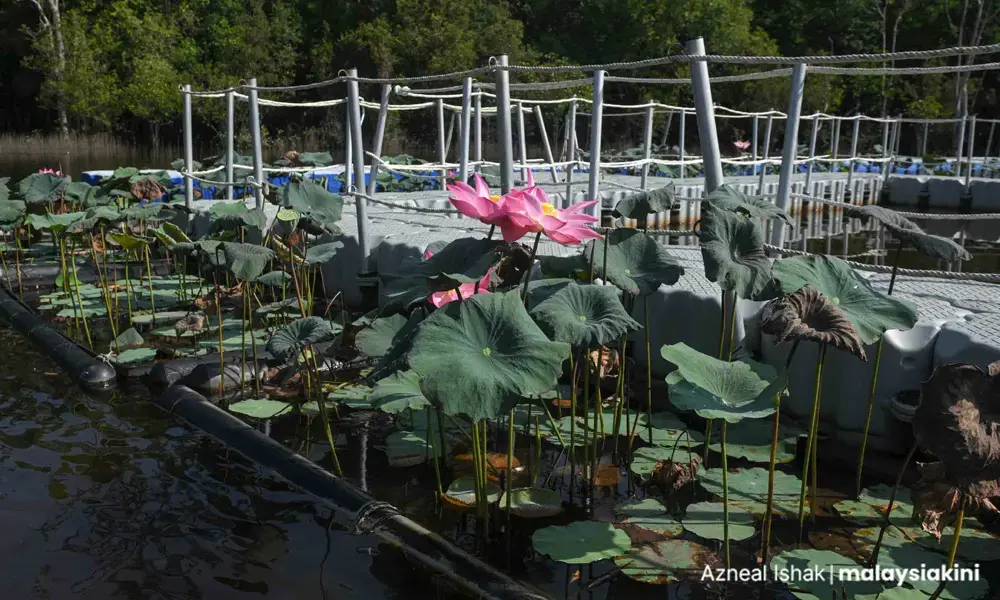
An Orang Asli activist who spoke on the condition of anonymity claimed there is fear that mining operations could resume as the abandoned mines are no longer part of the Tasik Chini Forest Reserve.
"We heard that the mining sites have been carved out of the forest reserve gazette, but we can't say much as we do not have the documents," he claimed.
Without protection as a forest reserve, the local activist added it would not be impossible for mining activities to be permitted in the future.
Malaysiakini has yet to ascertain the veracity of the claim, as requests for confirmation and comments sent to the Pahang Menteri Besar office and relevant state authorities did not receive any reply.
However, the claim corresponds to what the Pahang Survey and Mapping Department (Jupem) said in 2021, that an area planned for mining has been excluded from the then-planned forest reserve.
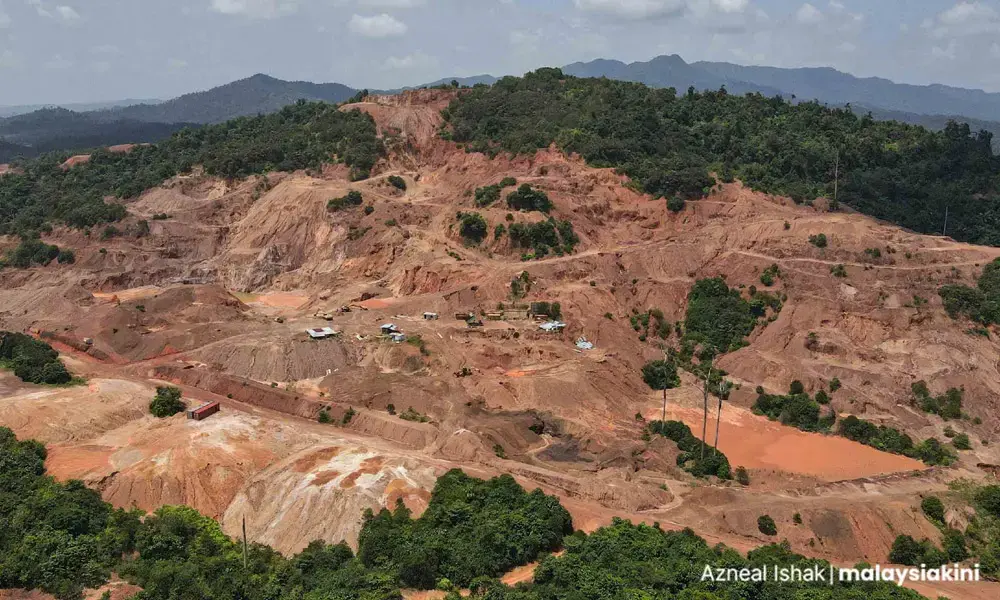
'No compromise'
Checks with the Mineral and Geoscience Department revealed that there has been no new mining lease or licences approved for the Tasik Chini area since 2021.
However, it said, there are former mines which still have some stockpiles and machinery left behind. These include locations where mining leases are still active or those that have expired.
"These mines still have stockpiles and machinery from their previous operations, and they are in the process of taking out these items to comply with procedures set by the state authorities.
"The situation in the Tasik Chini area is being monitored by the Pahang Enforcement Unit and Pekan Land and District Office," the department said in its reply to Malaysiakini.
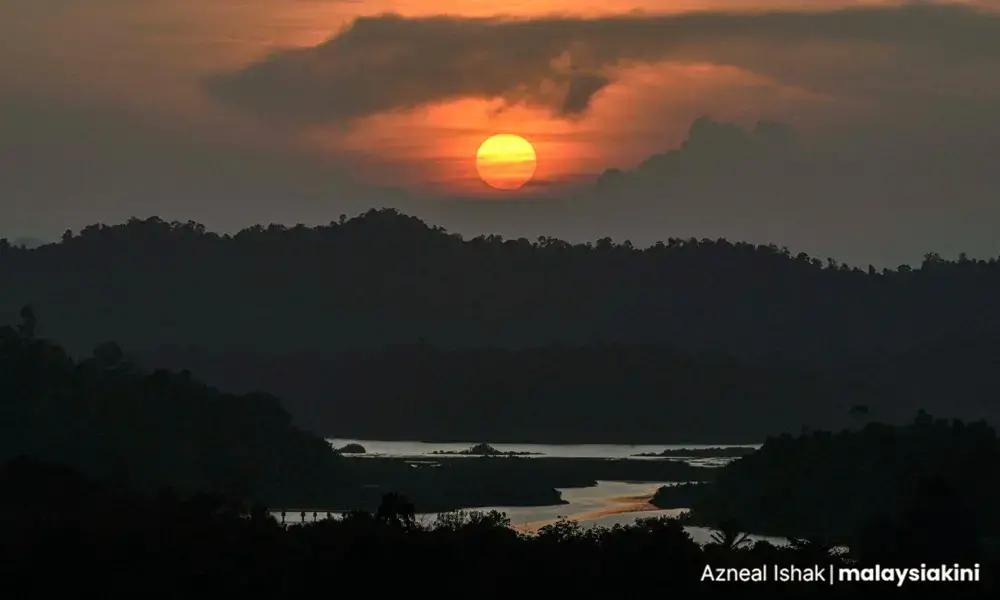
Pahang Forestry Department director Mohd Hizamri Mohd Yasin also gave a similar response when contacted, saying the machines belong to companies which had the licence to carry out mining operations.
But, he said, the presence of mining machinery at the locations does not mean that the companies would be allowed to resume their activities.
"There are some (mines) whose licences have not expired. But, whatever it is, they are still not allowed to operate because we have the moratorium," he said in a text message.
Meanwhile, Pahang state ex co-member in charge of Orang Asli affairs Syed Ibrahim Syed Ahmad gave his assurance that the state government will not compromise with any attempt to revive mining activities at Tasik Chini.
He assured that Orang Asli villagers need not worry as there is a moratorium imposed on mining.

"The Pahang palace has already issued a decree ordering the stop of all mining activities. So did the state government.
"If these are not enough, then who else has the power to stop people from encroaching at Tasik Chini? If contractors or companies still go against these orders and attempt to resume mining there, then they will be arrested," he said.
According to Syed Ibrahim, this was also a reason why the state government wanted to include all Orang Asli villages in Tasik Chini as part of its Tasik Chini Special Area Plan.
However, the Orang Asli community objected to the plan after the land area to be gazetted included the villages and their ancestry land, which they believe will deny the Orang Asli their rights.
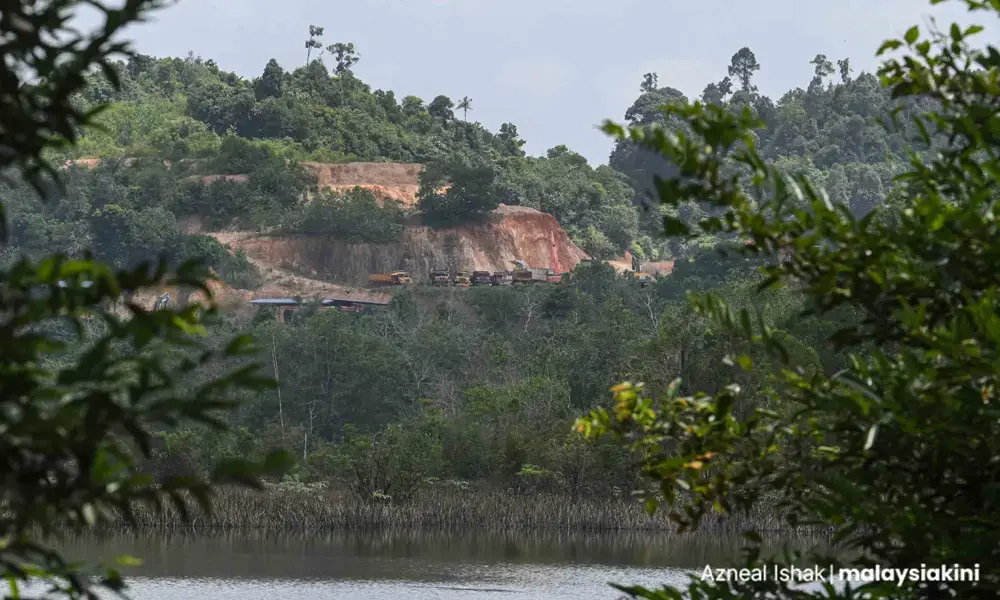
"If we do not gazette the villages, then it would be easier for outsiders to come and encroach into the Orang Asli areas. It would be easy for them to do illegal logging and open illegal mines.
"Some people like to voice out against illegal mining activities, but when the government wants to take the necessary actions, they would say that the government is making their life hard.
"In the end, everything we do is also not right in their eyes. So what should we do?" asked Syed Ibrahim.


